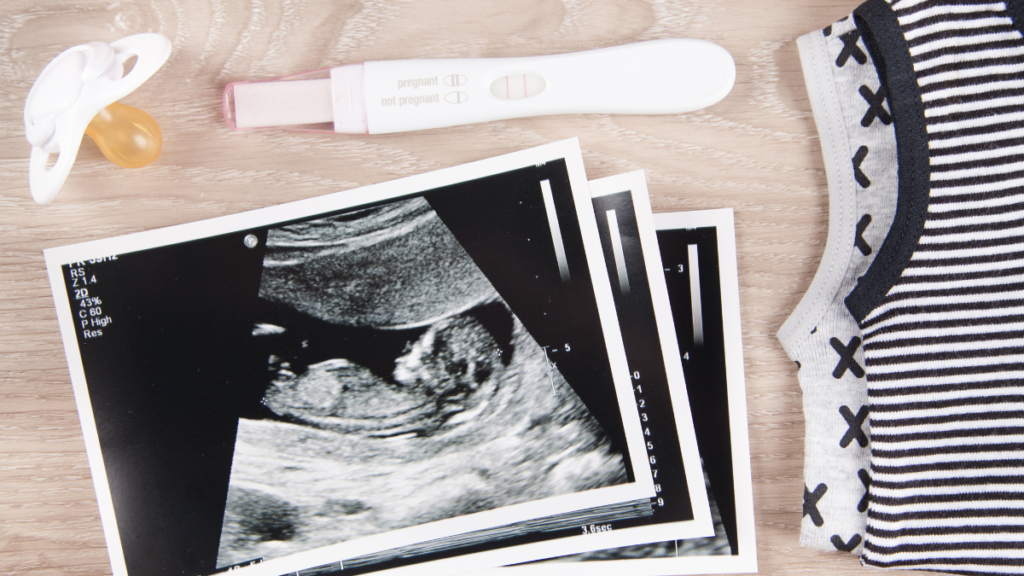
At one week pregnant, it’s likely that you may not have even realized that you’re pregnant and it’s often hard to determine the date you conceived. This is because the weeks of your pregnancy actually dated from the first day of your last period. However, your body is already starting to go through some changes.
During the first two weeks, there isn’t actually an embryo yet. Your body is preparing for ovulation and releases an egg from one of your ovaries, as is usual during your menstrual cycle.
Even though there isn’t an embryo, your egg has been released and is ready to be fertilized. While you haven’t yet conceived, you may feel symptoms associated with your usual menstrual cycle, including cramping and changing hormone levels.
During your period – which usually lasts around four to seven days – you shed the lining of your womb, along with some blood. Your body also releases a number of hormones. The hormones signaling the start of your period also stimulate the release of hormones such as LH (luteinizing hormone) and FSH – follicle-stimulating hormone – which helps with conception.
You’ll often hear the term hCG levels mentioned when discussing the early signs of pregnancy. HCG stands for human chorionic gonadotropin and is the hormone produced by the placenta when you are pregnant.
When you fall pregnant, your hCG levels can be detected in your urine with a home pregnancy test. HCG levels can also be monitored using blood tests, and these are carried out to measure your baby’s development during your pregnancy.
The placenta starts to produce HCG once the sperm fertilizes the egg, therefore it usually takes around two weeks for the levels to be high enough to be detected by a pregnancy test.
Average hCG levels:
Now read all about what to expect at 2 weeks pregnant.
In the first few weeks of pregnancy, you may not even realize that you’re pregnant and symptoms can go unnoticed. However, if you are trying for a baby there are certain things you can do to help you conceive and ensure your baby develops healthily from the start.
Taking supplements such as folic acid (400mg a day until 12 weeks) and vitamin D while you’re trying to get pregnant and during your pregnancy can help your baby’s development and reduce the risk of neural tube birth defects.
Avoiding alcohol, smoking and certain foods (such as some soft cheeses, raw meats and high levels of caffeine) can protect against infection and ensure a healthy pregnancy.
Head back to our pregnancy week-by-week guide to check your baby’s development at every stage of your pregnancy.

© 2023 All rights reserved Baby & Toddler - part of parent promotions